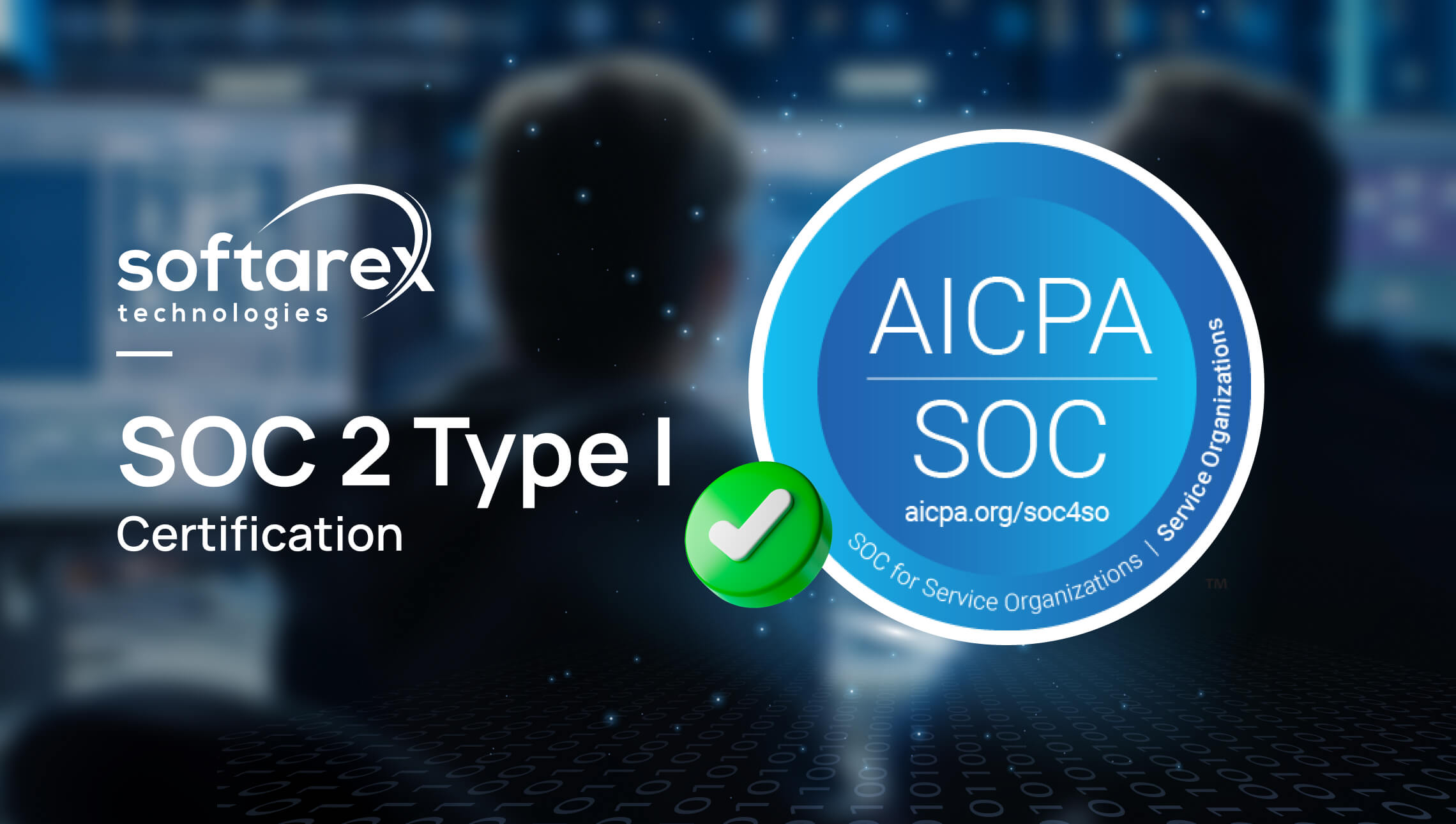Is Online Learning Best with Cloud Technology?

With the pandemic nearing no visible end, it’s clear online learning is here to stay, both in schools and colleges. Educators rely on digital technology tools to deliver classes in the ‘new normal’. And thanks to cloud solutions, they can make the online learning experience even convenient and engaging for students.
Let’s take a look at the benefits and challenges of cloud computing software for online learning.
Benefits of Online Learning Cloud Solutions
Accessibility

One of the main advantages of cloud solutions for online learning is that they provide remote, real-time access to data. Thus, students and teachers can easily access software and study materials no matter where they are and what device or browser they use. All they need is a stable internet connection. This greatly facilitates distance learning and allows international and rural students to participate fully in the course.
Cloud solutions can also help provide equal learning opportunities for differently-abled students. To do so, the software should comply with the Web Content Accessibility Guidelines (WCAG), the internationally accepted de facto industry standard for digital accessibility. It contains a list of technical requirements to make web content accessible to people with all kinds of disabilities: auditory, cognitive, neurological, physical, speech, and visual.
Scalability
Thanks to the ability of cloud solutions to scale, educational institutions and teachers can deliver online courses and provide access to learning materials to thousands of students simultaneously and with no disruptions by increasing the number of IT resources as the user base grows. And in case if the demand drops, educators can scale the solution down and eliminate unnecessary expenses, since service providers charge you only for the resources you actually use.
Cost Savings
The cloud creates real cost-saving opportunities for teachers and educational institutions. With cloud solutions, they don’t have to invest in expensive in-house equipment that requires constant maintenance, becomes obsolete after a while, and eventually needs to be replaced, or purchase and regularly update online learning software. By paying on a subscription or a pay-as-you-go basis, educators make all these tasks the responsibility of cloud service providers. As a result, it not only saves them a considerable amount of money but also gives them peace of mind and allows them to focus on teaching.
Seamless Collaboration
Although due to the pandemic, in-class education got fully or partially replaced by digitally-enabled ways of teaching, cloud solutions have been keeping the learning community alive by providing teachers and students with online interaction tools. Learners can get instant and regular feedback from educators and ask them for help via video conferencing or email. This improves communication and positively impacts the learning process, making it a pleasant and approachable experience for students.
Engaging Learning Ecosystem
Cloud solutions allow educators to create an interactive and productive online learning ecosystem. Along with monitoring student activity during classes and grading assignments and projects, teachers can set online tests, quizzes, and exams, communicate with students via video conferencing, run discussion club meetings and forums, make educational games, upload study materials, and much more from the comfort of a single platform. With easily customizable interactive features and digital tools, learning environments can become what users want them to be to meet the needs of the course and learners.
Challenges of Online Learning with Cloud Solutions
Dependence on Internet Connection

Both students and teachers need a stable internet connection to access online training software. But if the internet is too slow or gets accidentally disconnected, the system performance decreases, hindering the learning process. The best way to avoid internet blackout is to have a backup uplink you can switch to when the primary uplink suddenly goes down.
Security
Cloud service providers offer security features and encrypt sensitive client data at rest and in motion to protect it from breaches. However, it doesn’t relieve users of the responsibility to keep their data safe. Especially in education, the industry that experienced an unprecedented number of ransomware attacks in 2021, with K-12 schools being the number one target. Such incidents usually lead to unfortunate consequences such as identity theft, fraud, and extortion, both for students and employees.
Therefore, educators need to take cybersecurity much more seriously. It’s not uncommon that administrator-level access is given to employees who actually don’t need it, which is a perfect opportunity for phishers to enter the domain. The most obvious and effective security measure for schools is to implement a strong password policy and two-factor authentication to protect sensitive data and software from unauthorized access.
Staff Training
A rapid shift to online learning caused by the pandemic became a challenge for many educators around the world. And the main reason for that is the lack of technology skills among teachers. So it’s important for schools to offer teachers comprehensive training in the use of cloud solutions to help them create a quality online learning experience for students.
Embrace the Benefits of Cloud Solutions for Online Learning
Every coin has two sides, like cloud solutions for online learning bring both advantages and challenges to educators. We believe that cloud solutions are soon going to become a necessity rather than an option for schools since the pandemic doesn’t seem to show any signs of abating and teachers need to make the learning process as engaging and effective as in the pre-Covid era of in-class education. All the challenges mentioned above can be easily overcome with the right technology, a clear strategy, and a responsible attitude to cybersecurity.
So if you are ready to reap the benefits of cloud computing, Softarex can help. We have extensive experience in developing cloud-based solutions for the e-learning industry. Feel free to contact us to discuss your software development needs or schedule a consultation on implementing cloud computing technology in your company.





